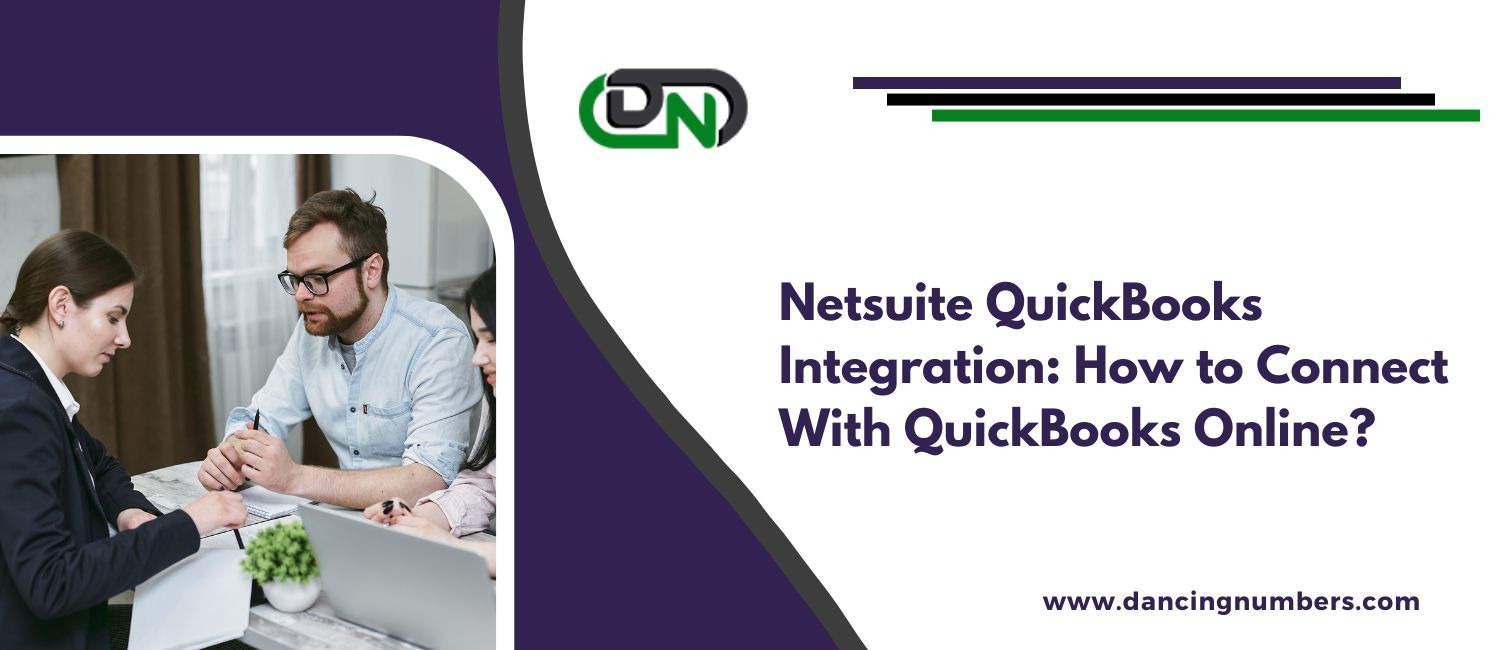Are you tired of juggling multiple software applications to manage your business finances? Do you want a more streamlined solution that can handle all your accounting needs in one place? Then it's time to make the switch from QuickBooks Online to Netsuite! In this blog post, we'll explore the benefits of integrating with Netsuite and provide some tips for making a smooth transition. Get ready to simplify your financial management and take your business to the next level!
Introduction to QuickBooks Online and NetSuite
QuickBooks Online and NetSuite are two of the most popular accounting software platforms on the market. Both platforms offer a variety of features and benefits that can help businesses streamline their accounting processes. However, when it comes to switching from QuickBooks Online to NetSuite, there are a few things you need to keep in mind.
In this blog post, we'll give you an overview of both QuickBooks Online and NetSuite, as well as some tips for making the netsuite quickbooks integration.
QuickBooks Online is a cloud-based accounting software platform that offers a variety of features and benefits for businesses. Some of the key features of QuickBooks Online include:
Ø Ease of use: QuickBooks Online is designed to be user-friendly, so you can get started using it right away without having to go through extensive training.
Ø Flexibility: QuickBooks Online offers a variety of customization options so you can tailor it to fit your specific business needs.
Ø Affordability: QuickBooks Online is one of the most affordable accounting software platforms on the market, which makes it a great option for small businesses.
NetSuite is another popular accounting software platform that offers similar features and benefits as QuickBooks Online. Some of the key differences between NetSuite and QuickBooks Online include:
Benefits of Integrating QuickBooks Online and NetSuite
QuickBooks Online and NetSuite are both cloud-based accounting software solutions that offer a variety of features and benefits for businesses. When these two platforms are integrated, businesses can take advantage of even more powerful capabilities to manage their finances.
Some of the top benefits of integrating QuickBooks Online and NetSuite include:
1. Improved data accuracy and visibility: When QuickBooks Online and NetSuite are integrated, businesses can enjoy improved data accuracy across both platforms. This is because data is automatically synced between the two systems, so there’s no need for manual data entry. This also eliminates the risk of human error when entering data into either system. In addition, businesses can gain better visibility into their financial data thanks to the integration.
2. Enhanced collaboration between accounting and finance teams: The integration of QuickBooks Online and NetSuite can also help to enhance collaboration between accounting and finance teams. This is because both teams will have access to the same information in real-time, so there’s no need for duplicate data entry or manual reconciliation between the two systems. This can help to improve efficiency and accuracy when it comes to financial reporting.
3. Seamless integration of financial data: One benefit of integrating QuickBooks Online with NetSuite is that businesses can enjoy seamless integration of financial data between the two platforms. This means that all financial transactions made in QuickBooks Online will be automatically reflected in NetSuite, and vice versa
Challenges of Integrating QuickBooks Online and NetSuite
One of the challenges of quickbooks online netsuite integration is that they are two different types of software. QuickBooks Online is a cloud-based accounting software, while NetSuite is an on-premises enterprise resource planning (ERP) system. This means that the data from QuickBooks Online needs to be transferred to NetSuite in order to be used by the ERP system.
Another challenge is that NetSuite does not have a built-in integration with QuickBooks Online. This means that businesses will need to use a third-party solution to connect the two systems. There are many different options available, but each has its own pros and cons. businesses will need to carefully evaluate their needs in order to choose the right solution for them.
It is important to note that data entry will need to be done in both QuickBooks Online and NetSuite in order for the integration to work properly. This can add extra time and effort for businesses, particularly if they are not used to working with two separate systems.
Step by Step Guide on How to Switch Integration from QuickBooks Online to NetSuite
Assuming that you have both QuickBooks Online (QBO) and NetSuite (NS) accounts set up and you want to switch your integration from QBO to NS:
Ø In QBO, go to the Gear icon > Integrations > Other integrations.
Ø Click the Disconnect button next to NetSuite. You will receive a message asking if you're sure you want to disconnect. Click Yes to continue.
Ø Now that you've disconnected NS from QBO, go to NS and log in.
Ø In NS, go to Set up > Integration > Import/Export Data.
Ø On the Import/Export Data page, click the checkbox next to QuickBooks Online, then click Save.
Ø On the following page, click Authorize under Set Up Authorization for QuickBooks Online Integration and follow the instructions given. Make sure you login with your QBO account credentials when prompted!
Ø Once authorized, you should see a green "Success" message as well as your company name listed under Connected Accounts in NS (if not, repeat steps 5-7).
Ø That's it! Your integration is now switched from QBO to NS
Best Practices for a Successful Integration
Assuming you have decided to move your accounting from QuickBooks Online (QBO) to NetSuite, congratulations! You’ve made a great decision for your business. Now it’s time to ensure a smooth and successful transition by following some best practices for integration.
Here are some tips to make sure your QuickBooks Online to NetSuite integration is successful:
1. Plan Ahead
The first step to any successful transition is planning ahead. When quickbooks netsuite integration, take the time to assess your current system and processes. What data do you need to migrate over? How will the new system impact your current workflow? By taking the time to plan ahead, you can avoid any potential disruptions during the switch.
2. Choose the Right Partner
Not all NetSuite partners are created equal. When choosing a partner for your migration, be sure to do your research. Look for a partner with experience in QuickBooks Online migrations, as well as a track record of success with other clients. The right partner will help ensure a smooth transition and provide ongoing support after the switch is complete.
3. Prepare Your Data
Before starting the migration process, it’s important to prepare your data. This includes ensuring that all data is accurate and up-to-date, as well as cleansing any duplicate or unnecessary data.
Conclusion
Switching from QuickBooks Online to Netsuite can be a daunting task, but the process of integration can be simplified by following the steps outlined in this article. With careful planning and execution, you'll be ready to start using Netsuite in no time. Keep in mind that it's important to have a full understanding of your business needs before taking on any kind of transition project like this one. Good luck with your switch!
Complete Tutorial about QuickBooks: https://www.youtube.com/watch?v=K93q4OlLinI




